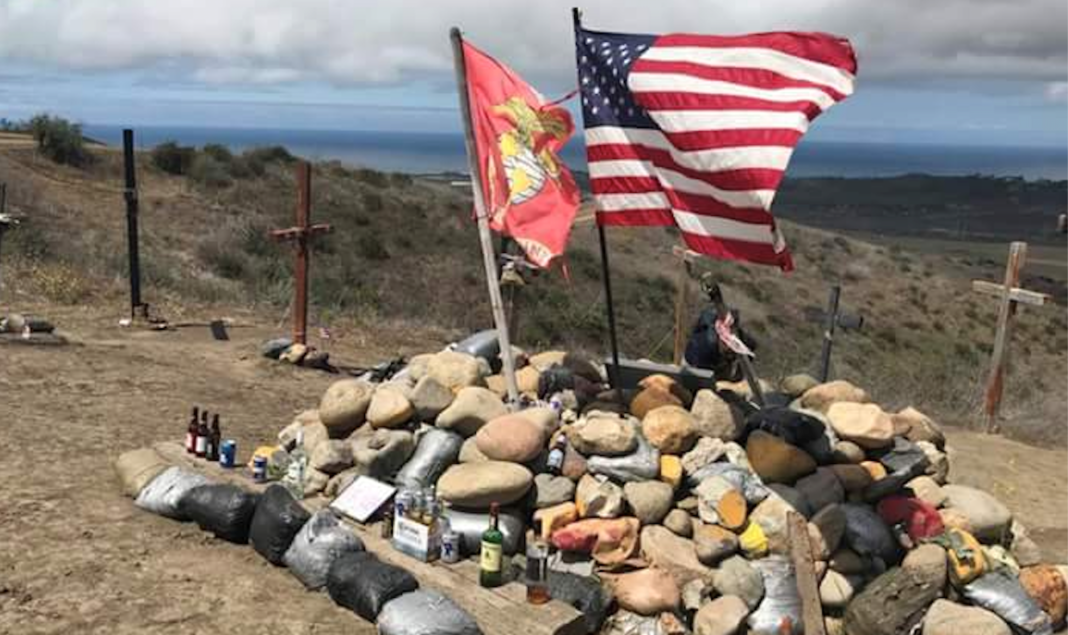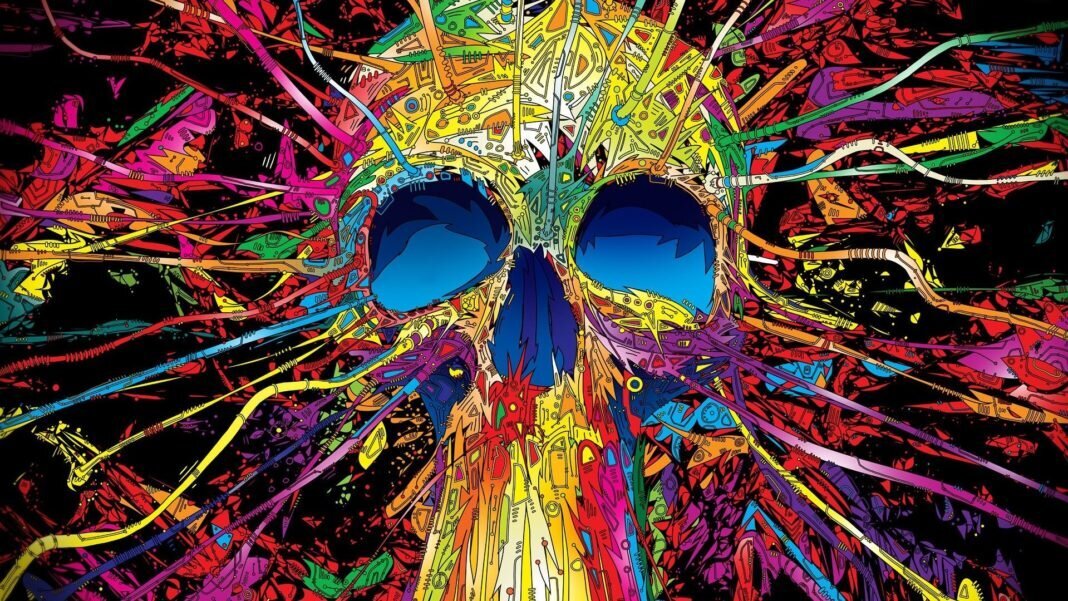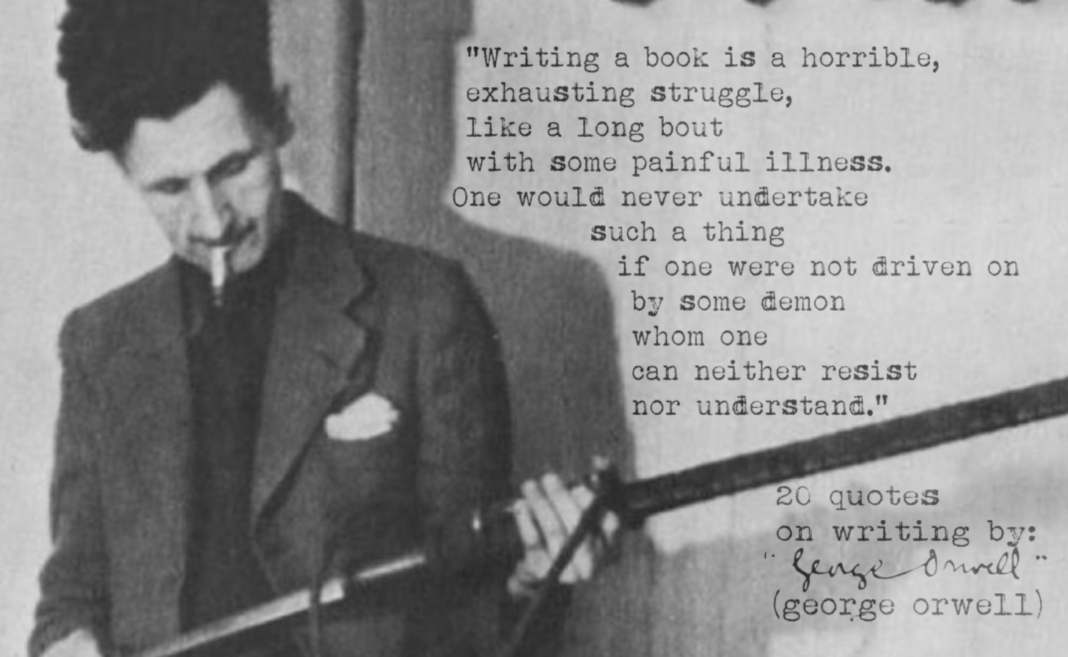
First Sergeant Hill

Memorial Day is a complicated holiday for some of us. Nothing can cast into sharp relief the chasm, real or imagined, between GWOT vets and civilians like Memorial Day can. There are plenty of “angry vet posts” and “don’t be an angry vet” posts about Memorial Day floating out there. I’ve been on both sides. I’ve learned from time and distance that some civilians do care and are simply trying to do their best to be empathetic toward vets on Memorial Day. Some don’t, won’t, can’t. Some pretend there isn’t anything significant about Memorial Day. Some are also the ones who thank veterans for their service on Memorial Day and get offended when you try to correct them, no matter how gently, that Memorial Day is about preserving the memory of the fallen. These latter folk are like the guy who told a buddy of mine that he should be proud of all he’s done for the country in winning the Purple Heart. My Marine buddy’s response was simple: “It isn’t an achievement, I literally showed up, rode in a truck, and got hit. I didn’t do anything.”This is where the angry vet posts come from. Anger that’s rooted in a frustration with not only those who don’t care, but also from an inability to communicate with those that actually do. No one knows but us, no one cares but us, so fuck you and your mattress sale and backyard cookouts, how dare you enjoy life, we say.I’ve been there, wrong-headed as I was, but that shit got old, so I grew up. I moved on.I’ve learned that it’s okay to miss the men I called brothers, to hurt, and still enjoy my new career, my family, life itself. The two are not mutually exclusive. Enjoying life doesn’t mean I’m forsaking them. But this piece isn’t about the politics of whether you should condemn folks for enjoying themselves on MDW or not. This is about flying home. Home to San Mateo, Camp Pendleton. Home to ocean air and the scent of wild anise. Home to First Sergeant Hill and hiking it, like I did last year.Like last year, I made the same trek to visit my brothers for Memorial Day. Last year, I was in California for my son’s high school graduation when one of my buddies from way, way back (he lived Generation Kill, not watched it—but don’t get him started) said a few guys were going to go see the brothers and asked if I would join. Of course I would. We all know why.My son went with me up the mountain that day. Now there we were: me, my son, two Marines I knew from fifteen years ago and the four I’d met that day. We drank. We swapped stories about our brothers, remembered them for who and what they were.There was the kid who lived across the street from me but who I didn’t know until we met at Mateo in the barracks. I found out when I invited him over to my house on base for Thanksgiving. He died in Ramadi.There was my sergeant major who busted his ankle on Oki then died in Barwanah on his last pump before retirement.There was our Protestant lay leader who I remember seeing at his last church service before he died.There was the Marine from one company who transferred to the company he was killed in.Standing on that mountain we contemplated the wonder that came from being in the presence of the names of these brothers now memorialized in stone, wood, steel. And amidst that wonder, my Marines told my kid stories about young me on active duty—why a greenside Navy RP was considered part of the brethren. They shared with him the stories of our buddies, who were dead and gone. Then we walked back down the mountain, posed for pictures, went home. On the drive back to my mother’s house my son and I talked. I told him that I knew it was a lot to take in, but we tell those stories to keep those men alive, to be near them and each other. He couldn’t understand, of course, but at least he was now one step closer to being able to.My kid came again this year. Only this time, he is a Marine himself now. Assigned to my old regiment, walking the same areas, running the same trails, even eating in the same chow hall. He asked if he could bring some of his Marines who were stuck in the barracks with us—like he remembers me doing. Last year, as I hiked up First Sergeant Hill to pay our respects and spend some time with the brothers, I realized that in the future it could be my kid walking up this goddam mountain to see his brothers. Or, his brothers could be coming to see him. Because, you know, Memorial Day wasn’t already complicated enough, right?Later on, it struck me that this is what Memorial Day is all about. Being in the company of family. Being near those who understand without having to be told. Telling the stories of those we love and miss. That goes a long way. Stories can help bridge the chasm.Maybe some civilians understand Memorial Day. Maybe some don’t. But if we take a step back and think about it a little deeper, maybe it’s difficult to remember—to truly memorialize—those you don’t know.We on the other hand, we will never forget because we do know their stories. We won’t forget the smiles they had—or sometimes didn’t, the names of their kids, that one time when he was a Lance and knocked an Okinawan fisherman out of his boat because he just earned his scuba bubble and thought it’d be funny. Those are the details that sometimes tear us up. Not just because we remember them, but because no one else knows them the way we do. They’re not mere names etched on a wall or monument. They’re people who lived out the drama of life. And we were the lucky few who helped take part in their narrative.I write now. And teach creative writing at a university. As a writer it’s my job to get the reader to know a character. If a reader knows a character, they can empathize with the character. Even grieve for them. Early after I EASed, maybe my second semester of undergrad, an anti-war type professor of mine commented on my writing. She said, “the stories you tell. They are about people and it didn’t change my mind about war, but it did open my eyes to the fact that it’s humans, people, who are cared about who fight and die.” That stuck with me. It’s a realization that has helped me bridge the gap between military and civilian. Because as I said earlier, civilians couldn’t miss or remember someone they didn’t know. Humanization breeds empathy. And empathy…well that’s one step closer to remembrance. To being able to memorialize.And so, this Memorial Day weekend I will hike my way to the top of that mountain in San Mateo, to meet up with some brothers I haven’t seen in years. Together we’ll reminisce, and watch my kid start these memories with his friends. I’ll think to myself that maybe it’s okay to buy a mattress for 50% off and go to a backyard cookout or do nothing but sit and enjoy the company of family and be thankful that there were men—and women—who paid my way.And if I’m lucky, when we go get tacos after, maybe some civilian will ask me about Memorial Day and why it’s so special.And maybe in response I’ll share some of the stories about my fallen comrades. And perhaps through those stories they can be made more real. More human. So that the civilian, the reader, can empathize and grieve for that character.I am a writer now after all. I tell stories.
Written By Beelz
May 31, 2018









